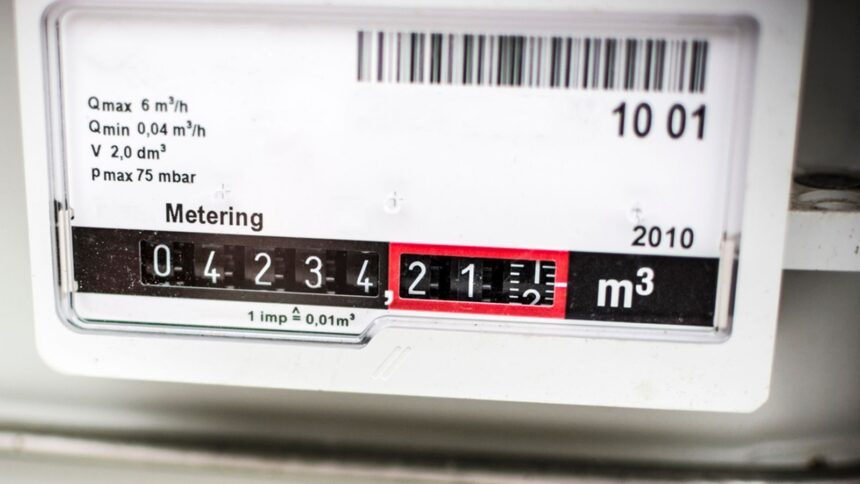On Monday, April 1, the regulator’s price cap will decrease by 12.3%, from an average of £1,928 a year for a dual-fuel household to £1,690—an average monthly savings of approximately £20.
When rates change, people on standard variable tariffs (SVT) who don’t have smart meters should report readings to their provider so that it gets the most recent information.
Energy spokesman for comparison website Uswitch Ben Gallizzi stated, “If you delay submitting your readings, some of your energy usage could end up being charged under the higher rates we’re currently facing.”
If businesses don’t have recent readings, they may estimate usage, which could lead to this outcome.
You shouldn’t worry, though, if your smart meter is programmed to check that you are billed accurately automatically.







